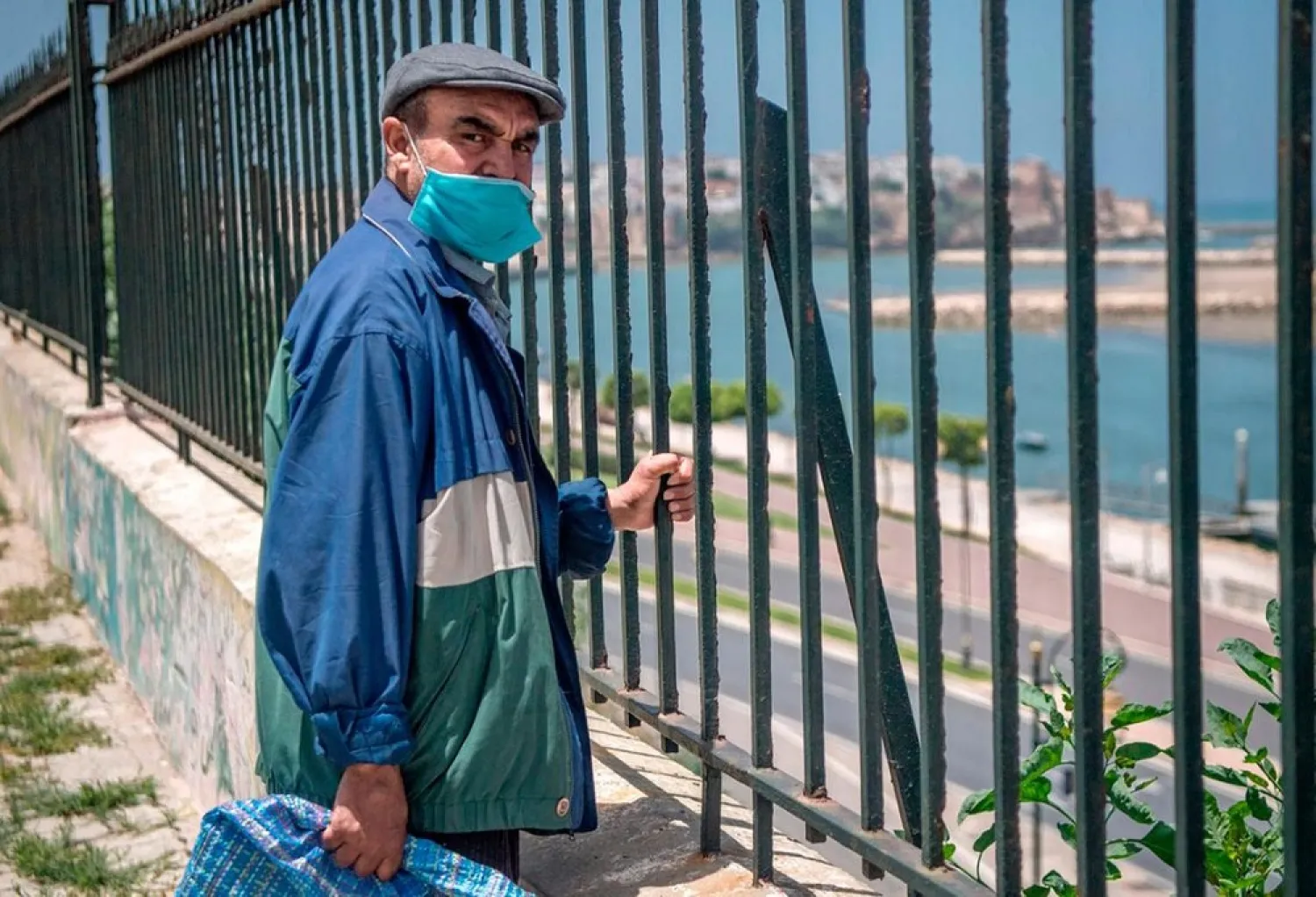Morocco’s Ministry of Health launched on Monday a COVID-19 tracking mobile phone application to help curb the spread of the pandemic in the country.
The Wiqaytna (Our Protection) app is part of a wide national awareness campaign, under the theme: “Stay vigilant, protect each other” aiming to encourage Moroccans to continue to adopt preventive measures to limit the spread of the coronavirus.
The application is available on Google Play for Android phone users, on App Store for iPhone users, and on the website www.wiqaytna.ma for people using different operating systems.
It was developed as part of efforts to combat the spread of the coronavirus to enhance the current system for tracking cases, which remains an effective and primary method.
The application uses Bluetooth technique to link two users when they are near each other, after which encrypted and anonymous information is shared between their smartphones.
If one of the users tests positive for COVID-19 in the 21 days following the contact, the other user will receive a notification, including a series of recommendations.
The Health Ministry developed the application in collaboration with the Interior Ministry, the Digital Development Agency (ADD), and the National Telecommunications Regulatory Agency (ANRT), as well as some Moroccan companies.
The National Commission for the Control of Personal Data Protection (CNDP) tested the application to ensure it respects users’ privacy, and received its authorization. The application’s code is also available in open source on software development platforms.
On Monday, the Ministry of Health announced that 12 new coronavirus cases have been recorded, making it the lowest rate in weeks.
The country has 7,819 confirmed infections and 205 deaths.
It said 295 more patients have recovered, bringing the total to 5,754, and 18 cases were admitted to intensive care.









